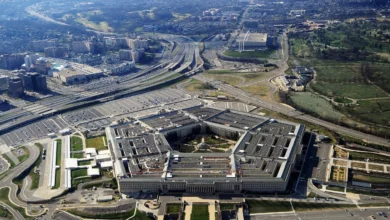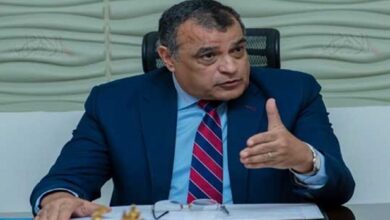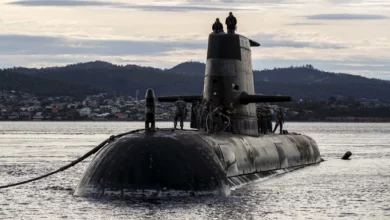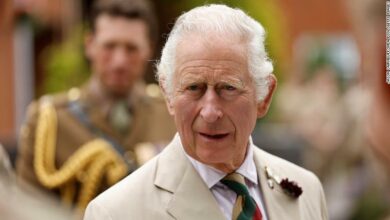Britain should have lower expectations of its military power because government spending cuts mean it will not be able to fight every potential war it faces, the new head of its armed forces said.
The European Union's biggest military spender is grappling with cuts which some of its top brass, as well as allies such as the United States, fear will make it difficult for it to fight another war on the scale of those in Afghanistan or Iraq.
In his first interview since becoming Prime Minister David Cameron's most senior uniformed military adviser, General Nicholas Houghton cautioned that the former imperial power needed to reassess its military might in an uncertain world.
"We have to recalibrate our expectation of the level of capabilities we can field on new operations from a standing start," Houghton, chief of the defense staff, told the Ministry of Defense's in-house magazine, Defense Focus.
"We've got to get back into an ‘expeditionary mindset' where we will not have perfect capability for every scenario."
He said no decision had been made for British troops to get involved in Syria, though he said military planners had provided options for the use of military force in the country, where President Bashar al-Assad is battling a two-year-old rebellion.
With military spending of $61 billion, Britain was the world's fourth largest spender after the United States, China and Russia in 2012, according to the Stockholm International Peace Research Institute.
But Britain's Conservative-led coalition government has cut military spending in an effort to reduce the biggest budget deficit since World War Two.
Cuts of at least 20,000 jobs in the British army will eventually bring it down to 82,000 – a level one British lawmaker said was the lowest since the Napoleonic Wars.
COLD WAR
General Peter Wall, the head of the British army, warned in June that more spending cuts would be dangerous and seriously damage the country's chances of success in future wars.
Cameron, whose coalition came to power in 2010, says the government has been forced to make some difficult decisions on the military but that Britain has very strong armed forces which are well equipped.
Since the end of the Cold War in 1991, British military spending has fallen from around 4 percent of gross domestic product (GDP) per year to about 2.6 percent in 2010/11 and 2.3 percent for 2012/13.
Houghton, who replaced General David Richards last month, acknowledged it would be challenging to cut staff, keep people motivated and continue to run operations, but he said it was not an impossible task.
"Delivering defense in a period of austerity concentrates the mind on where genuine efficiencies lie, and it provides the catalyst for reforms which were long overdue," he said.
The general will also oversee the winding down of the British mission in Afghanistan where he was chief of joint operations in 2006 when British forces began operations in the south of the country.
The forces are due to leave the country by the end of 2014 with nearly half expected to pull out this year after more than a decade of conflict that has cost the lives of nearly 450 British troops.
"While everything we've invested in Afghanistan in terms of blood and treasure and effort over the past 12 years has helped transform the security situation, the enduring outcome for Afghanistan still sits in the balance," he said.




